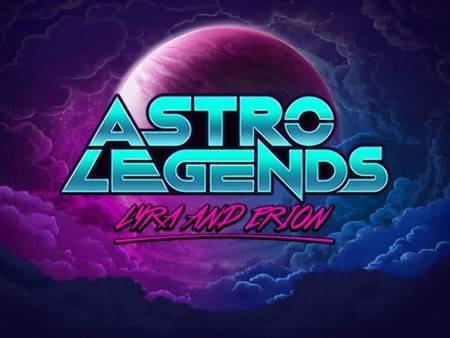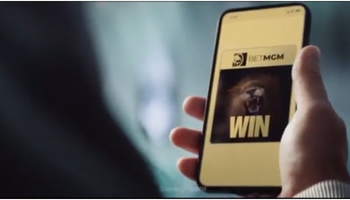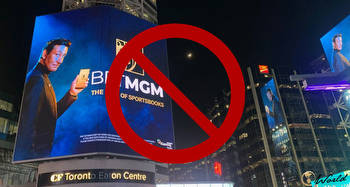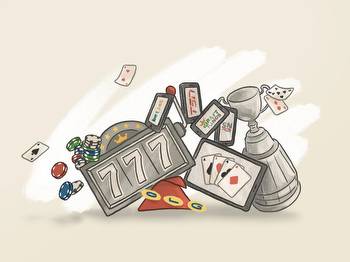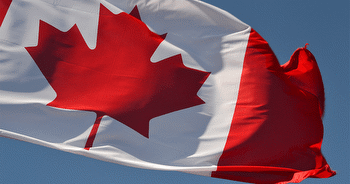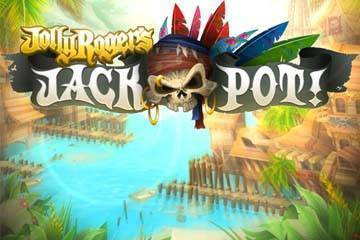AGCO should have thought harder before gambling floodgates opened

Auston, Wayne and Connor: Fold ’em.
As of March 1, sports celebrities can no longer shill for gambling sites.
Not that they’ll be crying poor all the way to the cashout window. Auston Matthews just signed a four-year, $53 million contract extension with the Leafs — although that jackpot would still put him at No. 118 in the absurdly remunerated NBA. Wayne Gretzky has an estimated worth of $250 million. And Connor McDavid can lasso the moon when his eight-year deal — average of $12.5 million annually (all figures U.S.) — expires and the Edmonton Oiler becomes an unrestricted free agent after the 2024-2025 season.
Monetizing their value via endorsements and branding is part and parcel of the celebrity package. But man, how much money do you need to live the really good life in perpetuity?
I don’t begrudge athletes all the lucre they can extract from owners, at least. The average career length for an NHL player is 4.5 years. Get what you can while you can. I’m not even bothered by the flashy ads in which stars feature for online gaming sportsbooks. Nor the unleashed storm of betting site promotion during game telecasts, however, those are an endless annoyance. But companies that set odds and take bets — DraftKings, FanDuel, Bet365 et al — have spent gazillions pitching their sites since freewheeling internet gambling became legal in Canada, Ontario the first province to fling open the online casino doors in April 2022. And big media was right there on the bottom floor, registering their own gambling platforms.
In its first year of operation, the Ontario industry alone surpassed $26.6 billion in the total wagers, with total gaming revenues of $866 million. People just love being separated from their money.
Full disclosure: The Star’s parent company Torstar has an indirect stake in NorthStar Gaming. There was a time when my business, newspapers, thought (hoped) a betting property would be the cha-ching answer to our financial throes. Hasn’t happened, not to my knowledge.
Anyway, the no-go for athletes — active or retired — and other “celebrities,” social media influencers, role models — even cartoon figures! — was announced this week by the Alcohol and Gaming Commission of Ontario (AGCO) following a year of studying the issue and with organizations such as the Canadian Mental Health Association and the Centre for Addictions and Mental Health advocating for a ban. The prohibition, incorporated into the existing Registrar’s Standards for Internet Game, the AGCO concluded, will “help safeguard children and youth who can be particularly susceptible to such advertising content.”
Perhaps. But if so, you’d think the AGCO would have given it more of a concerted think before opening the floodgates to online sports betting 18 months ago. (iGaming, a subsidiary of AGCO, manages about 30 third-party operators.) We’ve spent the past several years legalizing and decriminalizing a whole bunch of stuff without giving the consequences proper consideration, from so-called “dying with dignity” to safe injection sites to legalizing marijuana for personal consumption, which has made a stinky fug out of nearly every public space across the realm.
It was only aghast pushback from many quarters that forced the Liberal government in Ottawa to press pause on expanding the medically assisted death (MAID) law to include those with disabilities not approaching their natural death, those with mental illness and even “mature minors.” So then the feds said they would explore “appropriate guardrails” but the 2024 deadline is still looming. Again, how blinkered and neglectful do you have to be, not to envision the repercussions and ramifications?
Gambling is undoubtedly addictive for some. That’s an individual choice and I’m not a proponent of railroading people into making moral — or financial — decisions in line with my beliefs. Government should always be wary of going down that road in the context of “social vices” where the harm is borne by the individual and others aren’t affected. (Though the harpies will attest that a gambling addiction inflicts attendant damage on families.)
But gambling, of course, was previously a government monopoly in Ontario, with lotteries, charitable gaming and such. Last year alone, lotteries brought $4.7 billion into the province’s coffers. Never heard a murmur of concern from the Ontario Lottery and Gaming Corporation about that.
To be perfectly honest, I’m not entirely convinced that sports stars and other celebrities hyping online betting will take demonic possession of impressionable young minds. But they must work in luring and grooming or they wouldn’t be so ubiquitous. At the least, those ads fertilize the soil. Likewise, the AGCO must believe that these boldface personalities can dissuade the susceptible from getting into the gambling act because the new rule stops short of banning all ads, as recommended by the provincial NDP and Liberals. Glitzy personages can still appear if advocating for responsible gambling practices.
The age of majority for gambling in Ontario is 18 and industry experts insist it’s just about impossible for minors to get around restrictions and credit card checks for accessing gambling websites. I suspect that underestimates the resourcefulness of online-hip youth.
Still, it’s a bad look for athletes. Recall that Janet Gretzky’s name surfaced back in 2006 in a New Jersey State Police investigation, dubbed “Operation Slap Shot.” Gretzky’s wife was accused of placing hundreds of thousands of dollars in bets in a nationwide gambling ring with alleged ties to Rick Tocchet, then an assistant coach with the Phoenix Coyotes, coached by her husband. Janet adamantly denied ever placing any bets on hockey or for her husband.
It would have been wise for Wayne to steer clear of the online gambling phenomenon.
Oh, by the way, Vegas odds of Matthews’ Leafs winning the Stanley Cup next spring are +1100.







